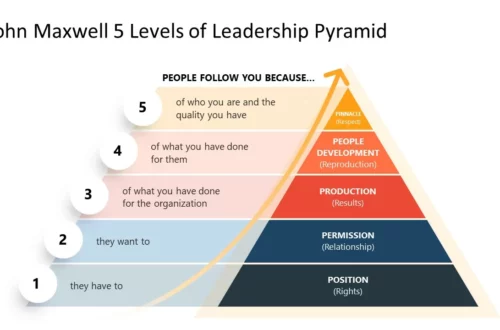
Effective one-on-ones
Let’s explore further into one-on-one meetings. Having attended numerous training sessions, I can attest that there’s no unanimous agreement on their structure. Some advocate for a 10/10/10 framework, allocating 10 minutes each for discussing pertinent topics, listening to the team member, and engaging in an open forum for questions. Others lean towards a more flexible approach resembling a status update meeting. Drawing from personal experience, I can share what has proven effective for me.
- Shift the focus onto the team member, avoiding the pitfall of turning the one-on-one into a mere status update session. It’s tempting to dwell on project status and weekly progress during these meetings, but I strongly advise against it. Such information can be gleaned from stand-ups or addressed separately. Instead, let the conversation revolve around topics the employee is eager to discuss.
- Prepare conversation starters to break the ice. Thoughtful, unconventional questions can foster rapport and aid in understanding team members, particularly in the early stages of the relationship. For instance, queries like, “If you could embody a cartoon character, who would you choose and why?” or “What was your childhood dream job?” can prompt engaging discussions. You can find a multitude of these just by searching around.
- Prioritize these meetings and never skip them. Make these meetings a priority. If unavoidable circumstances arise, promptly communicate with the employee and reschedule. Even if you’re unavailable, ensure your calendar reflects this and reschedule accordingly.
- While aiming for concise 30-minute meetings is commendable, flexibility is key. Some discussions may require more time, in which case, make arrangements to continue the conversation later. It’s crucial never to leave matters hanging midway through.
- Follow through on commitments made during the meeting. If you promise to do something, make sure that you either complete the work before the next one on one or, if you haven’t been able to get the result, update the employee on the status. Demonstrating reliability is essential for building trust and fostering a culture of accountability.
- Sometimes you get someone on the team who feels that this meeting is a waste of time and who is not very forthcoming or talkative. This is the time to work out your active listening muscle and to be a bit vulnerable. It might be beneficial to open up a bit about yourself to get the person drawn into the conversation. Do not cancel the meeting, continue your efforts and I promise you, it will be successful.
As a side note, schedule dedicated meetings at least once a month to discuss goals, career growth, overall progress, and direction. This ensures alignment and fosters professional development.
#leadership, #newManager, #management, #one-on-one, #training





